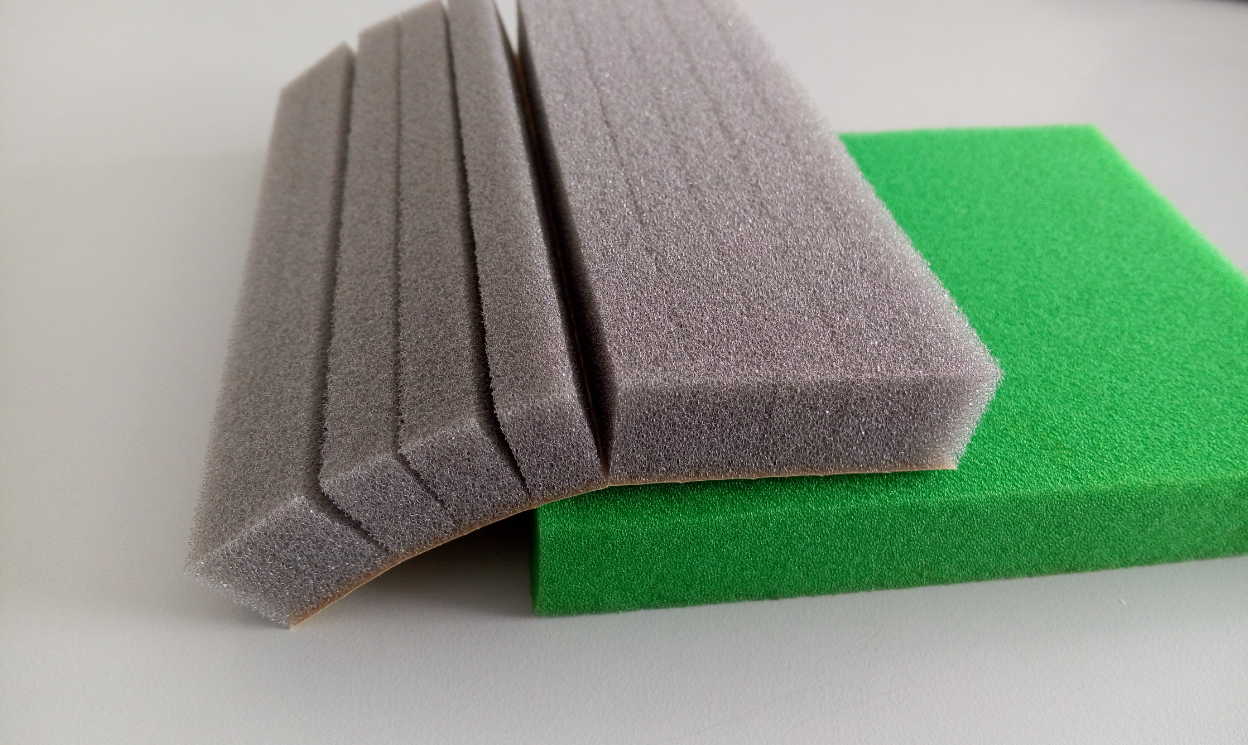What is polymerization method of PVC resin?
There are four types of PVC Resin grouped by polymerization method
1. Suspension Grade PVC
2. Emulsion Grade PVC
3. Bulk Polymerised PVC
4. Copolymer PVC
Suspension Grade PVC:
The most widely prevalent type, Suspension grade PVC is made by polymerizing droplets of Vinyl
Chloride monomer suspended in water. When Polymerisation is complete, the slurry is centrifuged
and the PVC cake is gently dried by special heating systems so as not to subject the unstabilised
resin to heat degradation. used for the high volume Rigid or Unplasticised PVC applications
like PVC Pipes, Windows, Sidings, Ductings.The more porous types are used in Plasticised
applications like Cables, Footwear, Soft Calendered Sheeting and Films etc.
Emulsion Grade PVC:
Emulsion Polymerised PVC is what Paste Grade Resin is and this is almost exclusively used for
Plastisols. Paste grade resin is a very fine particle size PVC produced by spray drying an
Emulsion of PVC in Water very much like how milk powder is produced. Paste grade resin needs
much more energy to produce and is considerably costlier than Suspension resin. Paste grade
Resin is extensively used for Cushion Vinyl Floorings of wide widths. Different layers of
specially formulated pastes are coated either on a suitable substrate (Direct Coating) or on
Release Paper (Transfer coating).
Bulk Polymerised PVC:
Bulk Polymerisation gives the purest form of PVC resin as no emulsifying or suspending
agents are used. They are mainly used in transparent applications. They are mainly made
available in the lower K value groups, as Unplasticised PVC Foils for Blister Packaging
and other Calendered/Extruded Transparent films are best processed from lower K Value
grades. Refinements in Suspension resin technology has edged out Bulk PVC in the recent past.
Copolymer PVC:
Vinyl Chloride is copolymerized with comonomers like Vinyl acetate give a range of resins
with unique properties.





 Languages
Languages
